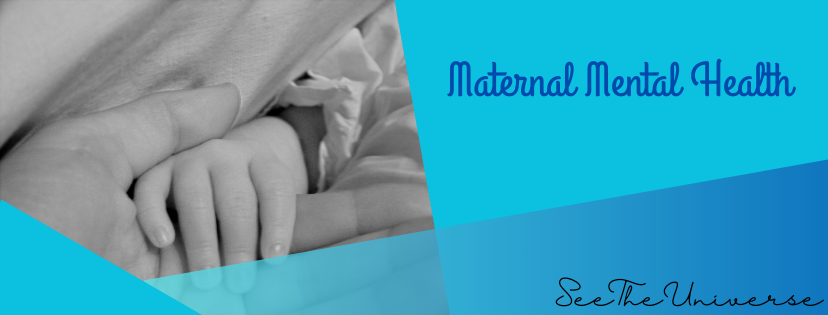This years theme: ‘My voice matters!’
This year, we want to focus on empowering children and young people by providing them with the tools that they need in order to express themselves in a healthy manner. We want them to feel comfortable talking about their thoughts, feelings and experiences as well as voicing what they want in terms in terms of their education and upbringing. We want them to have a say.
The Important of Listening to Children and Young People:
- When we listen to children and young people, we are validating their emotions and experiences. This validation empowers them to trust their own feelings and instincts which in turn can boost their self-esteem and confidence.
- Listening can also help to give us, the adults, a better understanding of their needs and wants. Children may not be able to articulate their emotions very easily, so it is important that we pay attention and help them to work through these emotions.
- Listening to them will help them to build trusting connections with those around them, making them more likely to confide and seek support with bigger problems as they grow up. If we cut them off and dismiss them from a young age, or simply just do not take them seriously, this can affect how much they will trust you with as they get older.
- Listening can help us to detect issues at an earlier stage, which can be very beneficial when it comes to their mental health and wellbeing.
Scale of the Problem:
The number in emergency referrals in children’s mental health services have soared by 53% in England alone in just 3-years.
There were 32,521 emergency referrals to child and adolescent mental health services in 2022-2023… but it 2019-202 these figures were 21,242.
Many of those who require ’emergency care’ are stuck on a waiting list for an average of 5-months and in some cases, up to 2-years! This is not, how an emergency should be treated. We need to be getting them support as soon as they need it, not waiting until they reach crisis point.
The Response?
The NHS has rolled out 398 mental health support teams within schools and colleges in order to provide early intervention to those who require support for mild to moderate mental health issues. This covers 35% of the country’s pupils and learners.
A further 200 teams are currently undergoing training and will hopefully be operational by Spring of 2025. These additional teams should help to reach up to 50% of all pupils and learners.
We can all play our part. Parents, older siblings, family, teachers… we can all help listen to children and young people. We can encourage them to talk about their feelings and their experiences and their problems. We can help break the cycle of putting up and shutting up. We can help make a difference early.


